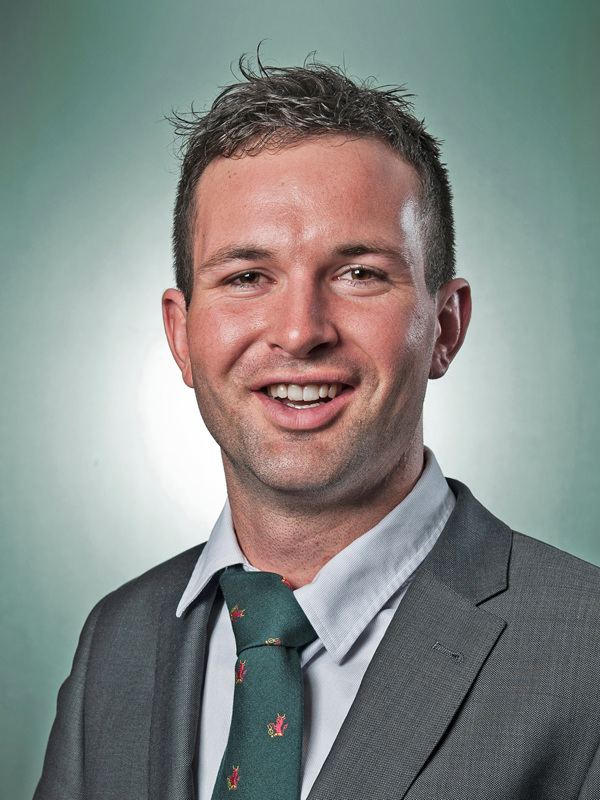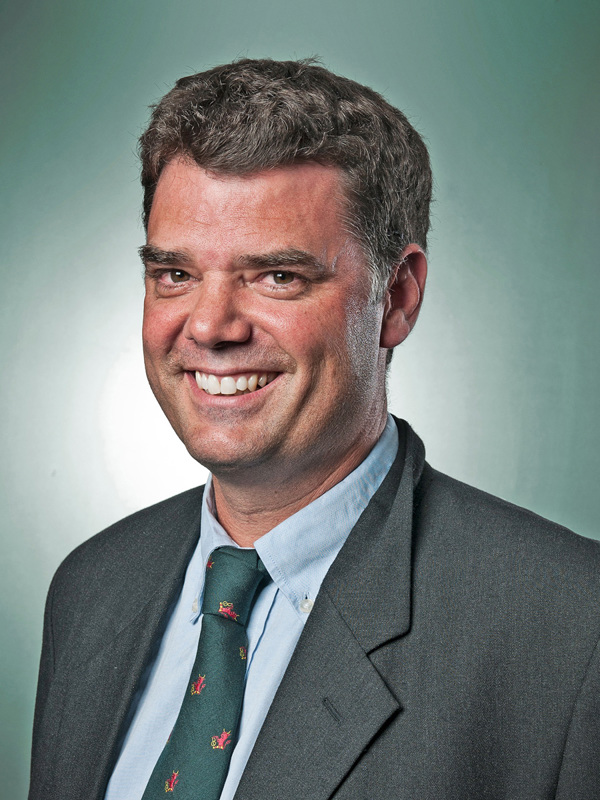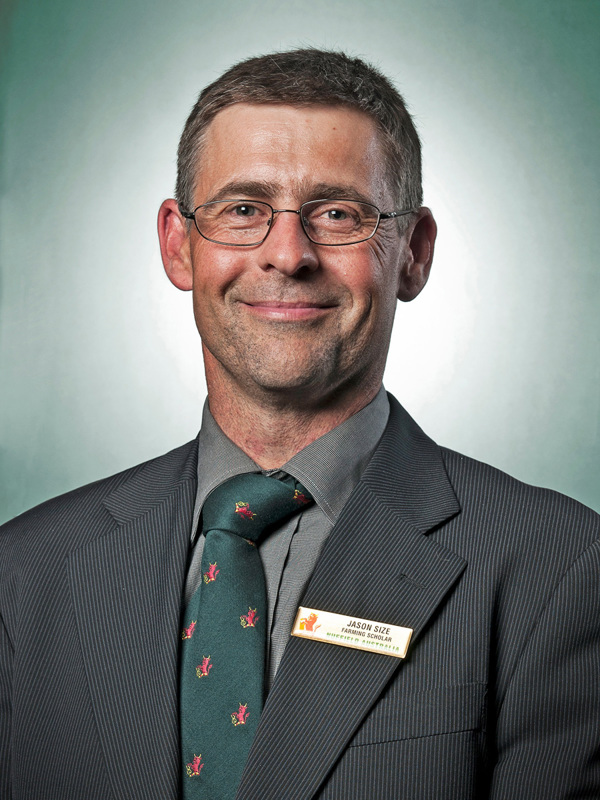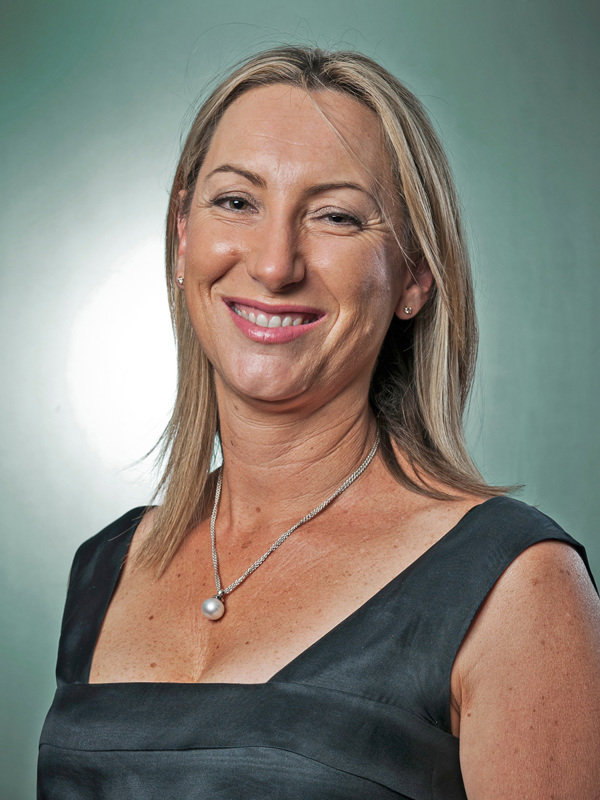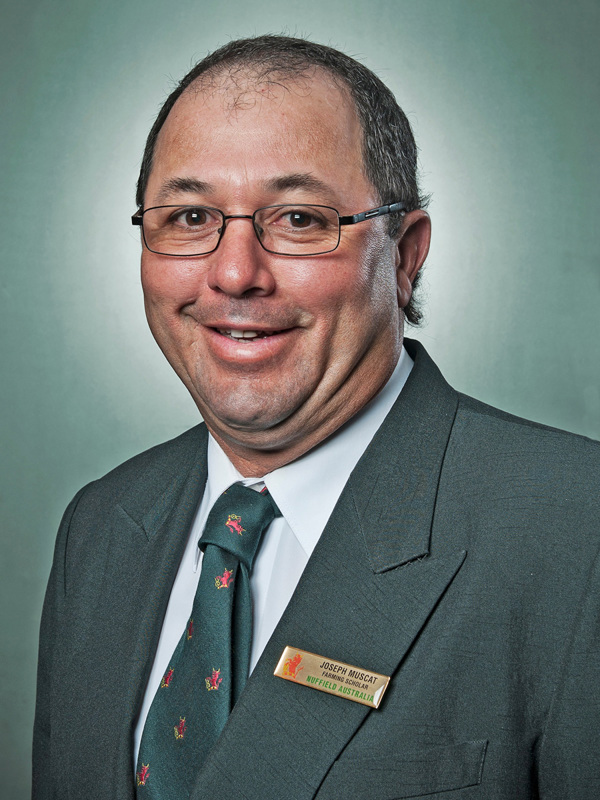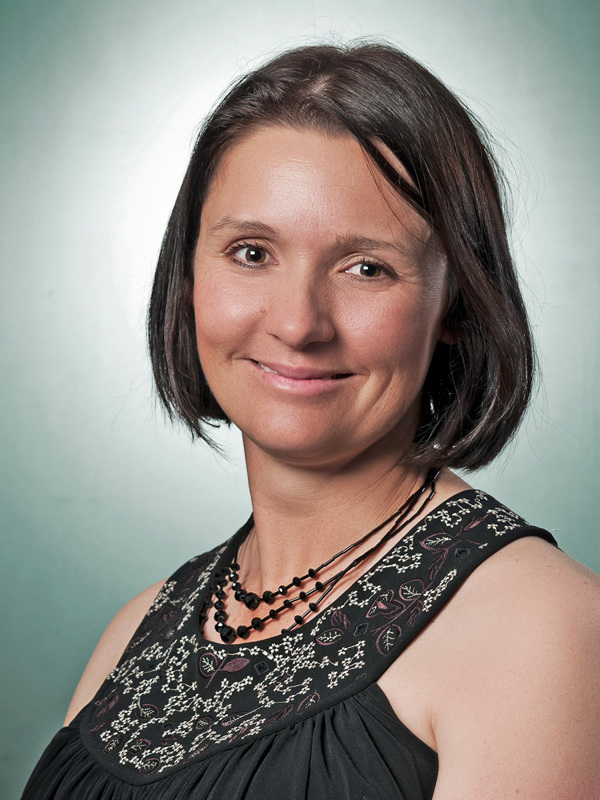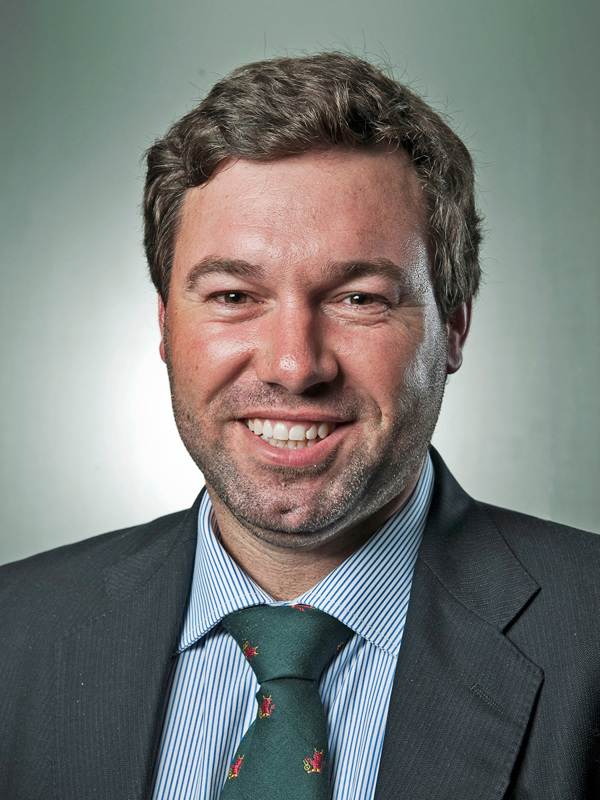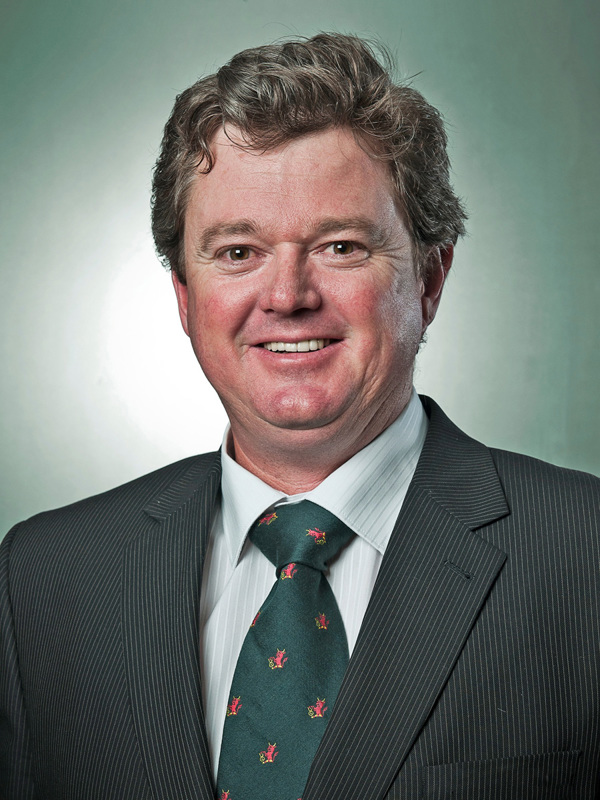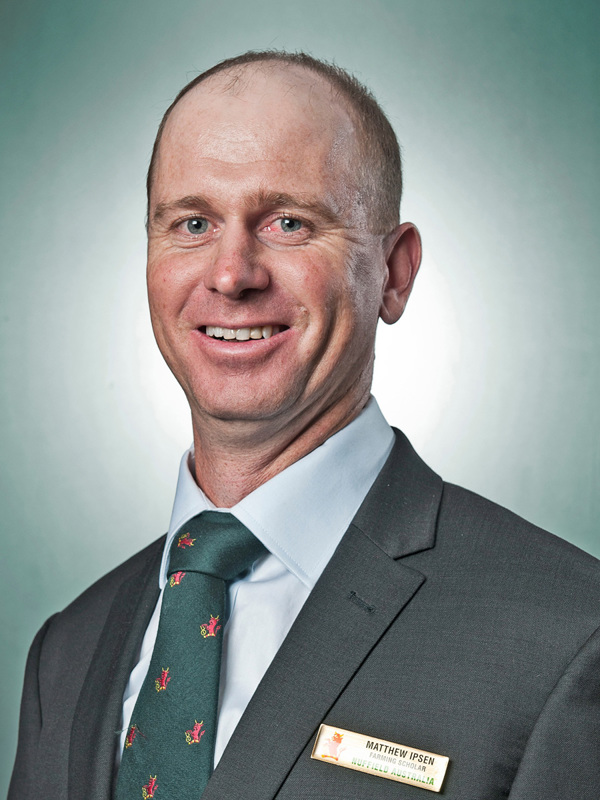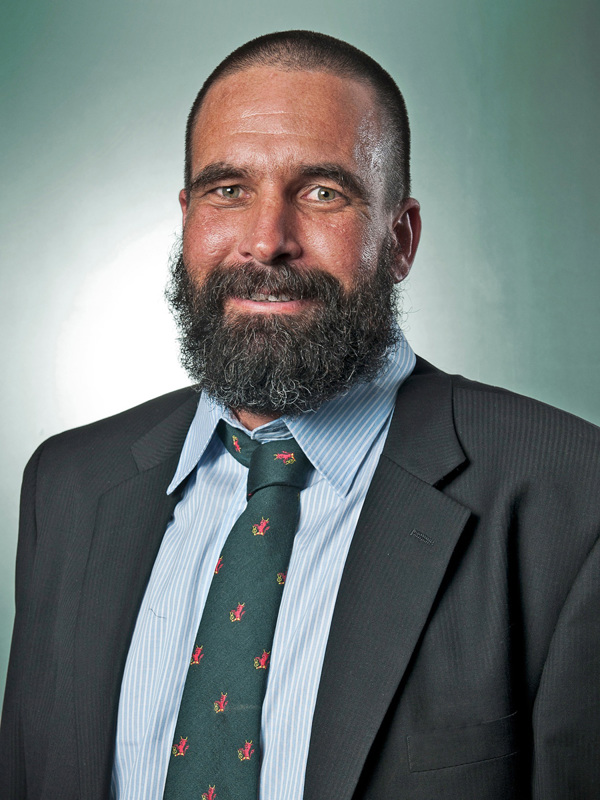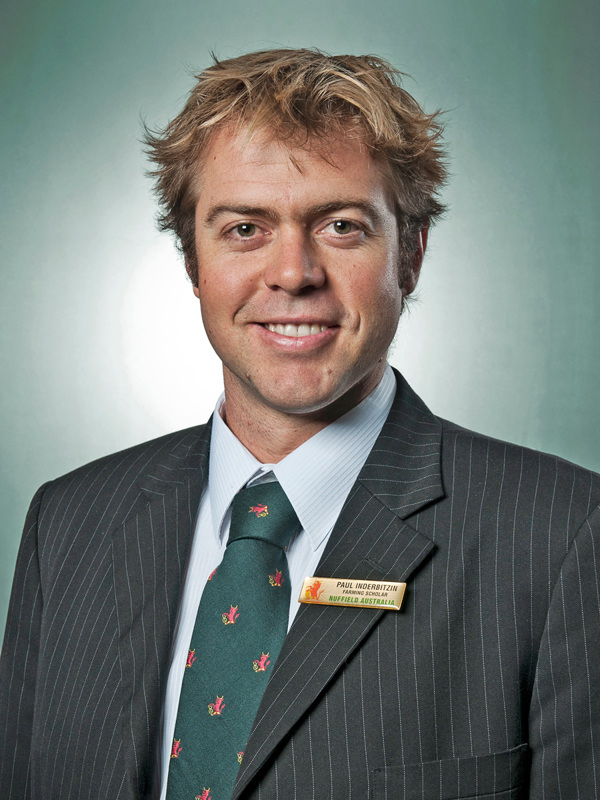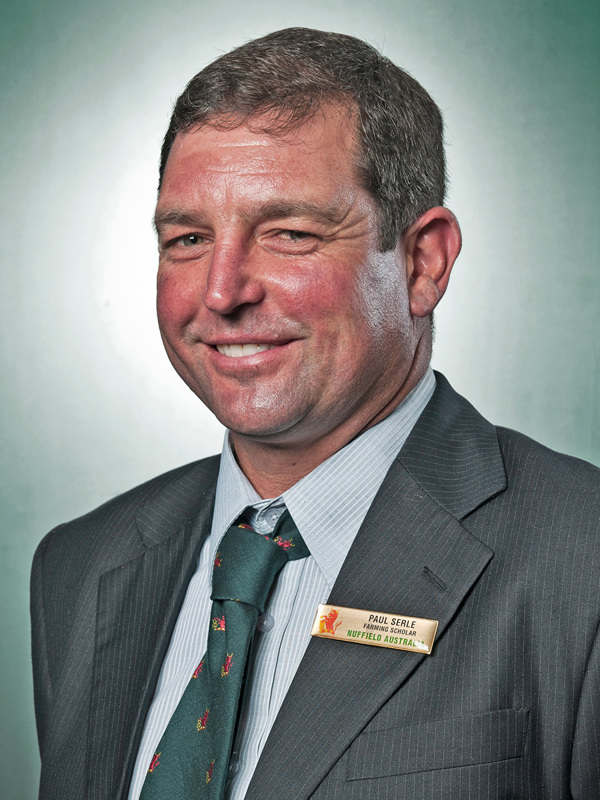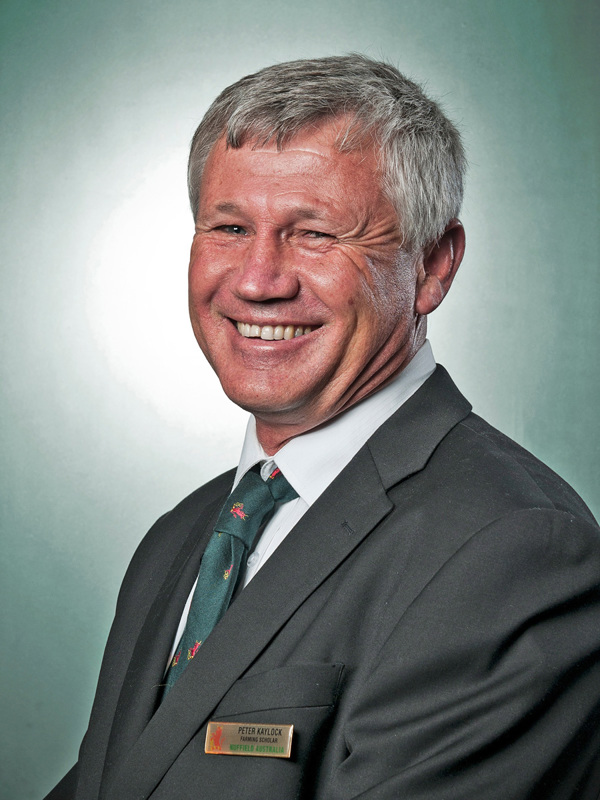
Trent De Paoli

Trent DePaoli
It was an encounter with a ‘snacking carrot’ in California that got Queensland farmer Trent De Paoli really inspired about further vertically integrating his horticultural business in Bundaberg. Trent came across the product at Bolthouse Farms during his scholarship, and he says the innovation has revolutionised the carrot category.
“What I like about the DNA of Bolthouse, and the snacking carrot in particular, is that it was consumer-driven and was about targeting small, frequent meal occasions with healthy snacking options, essentially creating a revolution in fresh produce. They revolutionised the fiscal performance of the commoditised carrot industry in North America, and the business has gone on to develop other value-added products – it was very innovative and forward thinking. The vision meshed perfectly with the aim of Trent’s Nuffield scholarship, which was to investigate value adding and sustainability after the farmgate.We run a vertically integrated farming operation in Bundaberg and I really wanted to understand from a global perspective what the future holds for value-adding and sustainability. We are advocates for change, and so I really wanted to understand what the future holds, to prepare for it, and get ready to adapt our business for what’s coming,” Trent says.
However, Trent says it’s also important that beyond individual businesses, the Australian horticultural industry more generally is setting itself up to evolve and meet opportunities.
“From an industry perspective we’ve certainly got to welcome change and understand where those future opportunities are and adopt through continual improvement, innovation, research and development. I went to ten countries around the world, and I also did look at some developing countries along the way and what I found was there’s certainly merit in businesses looking at value-adding as an investment strategy, as it brings them closer to the consumer and ultimately gives more control in the business model. I found that to be truly sustainable, the three pillars of economic, social and environmental factors need to work cohesively and should be continually reviewed,” he concludes.
“The scholarship has been significant in terms of giving me more confidence to look at emerging countries, confidence to leverage the business more, confidence in agriculture more than ever, and from an industry perspective, certainly industry advocacy – it’s all up to us to make a difference!” Trent says.
Trent’s scholarship was supported by the HAL (now Hort Innovation) and the Vegetable R&D Levy and matched funds from the Australian Government.
